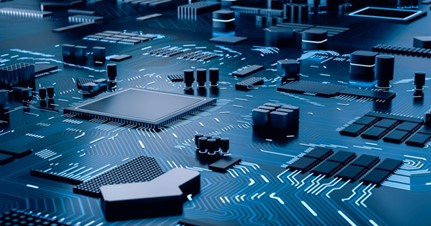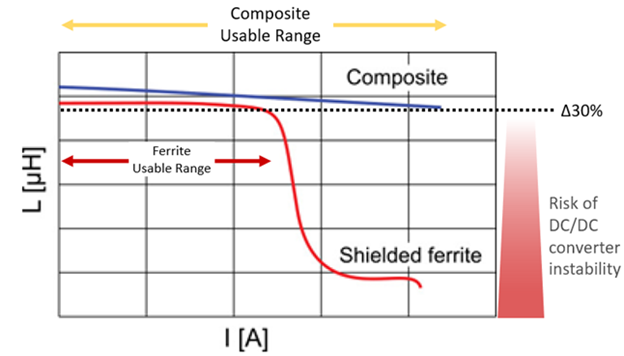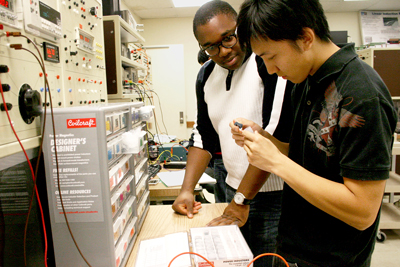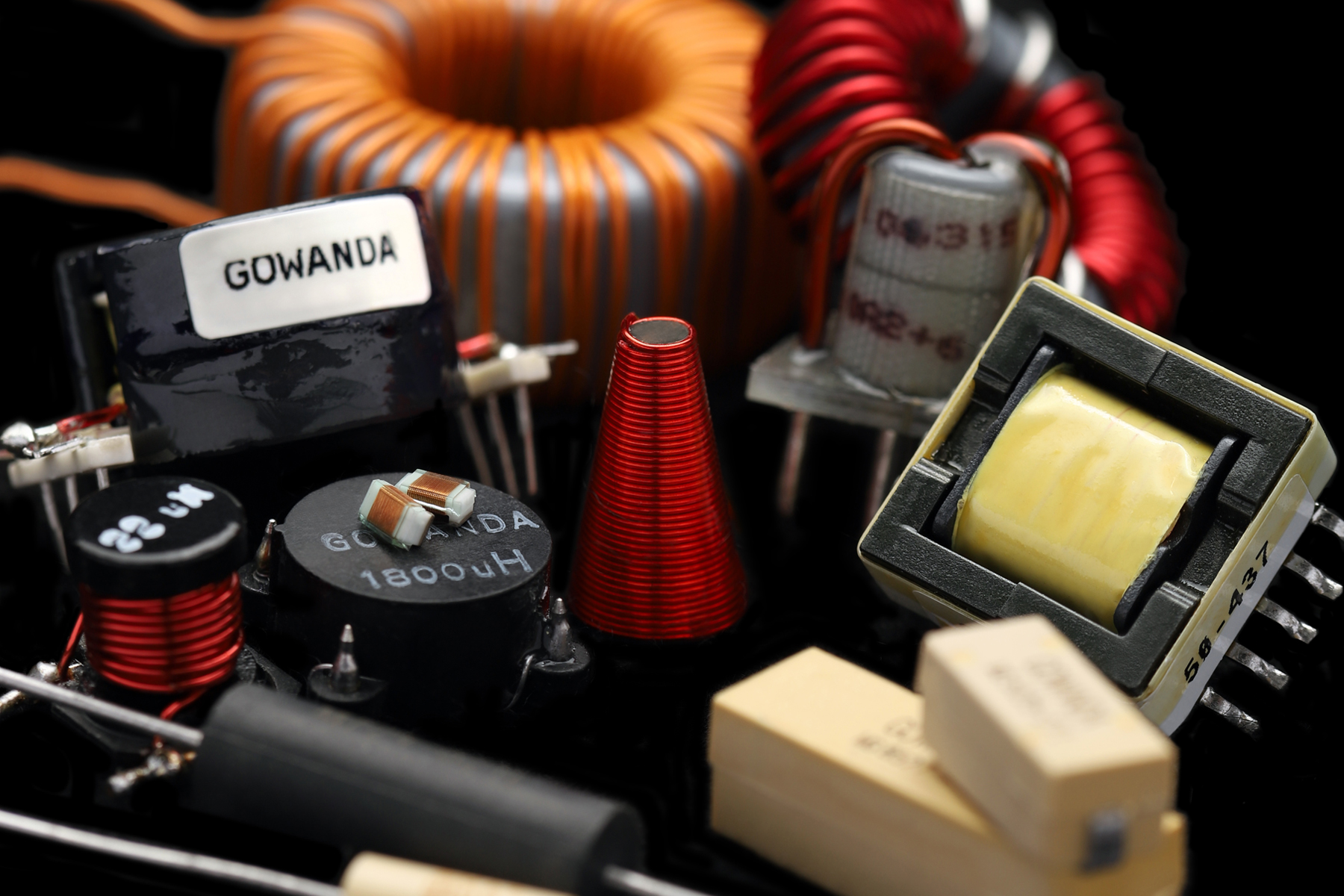
The best inductor for today’s dynamic switch-mode power systems (SMPS) is one that has soft saturation, says passive component manufacturer Abracon. Designed to maximize power conservation, the saturation strategy favors using inductors made of composite material rather than materials such as hard ferrite which exhibit hard saturation.
The most common design method for saving power is by gating power and clocking to the subsystems that can be turned off when non-operational. SMPS are a common method but selecting a low loss inductor with soft saturation and a low ESR load capacitor are critical to designing a low ripple, stable power supply, explains Abracon in a recent presentation titled, “The Importance of inductor Soft Saturation.”

The company recommends power inductors that exhibit “soft” saturation as illustrated by the blue line in the accompanying figure. Inductors will lose their effective inductance as the current increases. The inductors with “hard” saturation shown as the ferrite inductor or red line, lose their effective inductance very quickly.
According to Abracon, as the effective inductance reduces, less energy is stored in the inductor’s magnetic field which has an adverse effect by increasing the output ripple voltage. The limit of hard saturation decreases the usable range of an inductor like a shielded ferrite. However, the soft saturating inductors made from composites have a much wider usable range of current without posing a threat of saturation and excessive output ripple voltage. As a result, soft saturation provides the power supply designer with wider operating ranges, more design flexibility and margin for the dynamic loads of today’s power sensitive systems.
The full explanation is available on the Abracon website. Based in Spicewood, Texas near Austin, Abracon is a developer of frequency control & timing devices, RF & antenna products, power magnetics including ferrite beads and chips, inductor and connectivity solutions. For more info, see www.abracon.com.



